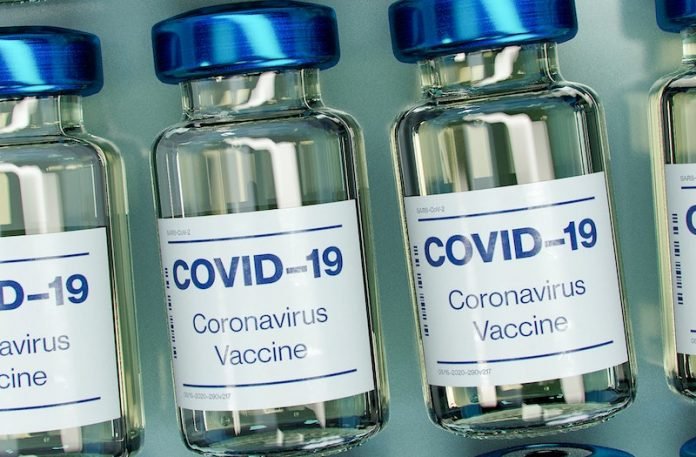
Scientists from the University of Washington found a COVID-19 vaccine is safe and effective in clinical testing.
They tested 4,037 adults over 18 years of age and found that the vaccine, dubbed GPB510, elicits higher levels of protective antibodies than the Oxford/AstraZeneca vaccine Vaxzevria.
In these studies, GPB510 or Vaxzevria was administered twice with an interval of 4 weeks.
In addition, the “antibody conversion rate,” which refers to the proportion of subjects whose neutralizing antibody level increased fourfold or more after vaccination, was higher with GPB510.
T cell activation levels, which protect the body from COVID-19, were also similar or higher with GBP510.
The research was conducted by Neil King et al.
In the study, the team created a “second-generation” vaccine for COVID-19 that is safe, effective at low doses, simple to manufacture at scale, and stable without deep freezing.
These attributes would enable vaccination at a global scale by reaching people in areas where medical, transportation, and storage resources are limited.
Unlike the earliest approved vaccines for COVID-19 that make use of mRNA, viral vectors, or an inactivated virus, GPB510 is made of proteins that form tiny particles studded with fragments of the pandemic coronavirus.
This vaccine was designed at the molecular level to present the immune system with a key part of the coronavirus spike protein.
In initial animal studies reported in late 2020 in Cell, the nanoparticle vaccine was found to produce high levels of virus-neutralizing antibodies at low doses.
These antibodies target several different sites on the coronavirus Spike protein, a desirable quality that may enhance protection against future coronavirus variants.
Further preclinical studies also showed that the vaccine conferred robust protection and produced a strong B-cell response in non-human primates, which may improve how long the protective effects of the vaccine last.
In a recent preprint, a third dose of the vaccine was found to confer strong protection against the omicron variant of COVID-19 in animals.
The team says if GPB510 receives full approval from regulators, it will be made available through COVAX, an international effort working to equitably distribute COVID vaccines around the world.
The University of Washington is licensing the vaccine technology royalty-free for the duration of the pandemic.
If you care about COVID, please read studies about why smokers have a lower risk of COVID-19, and this drug can block multiple COVID-19 variants.
For more information about COVID, please see recent studies about a new risk factor for severe COVID-19, and results showing aspirin may prevent COVID-19 deaths.
Copyright © 2022 Knowridge Science Report. All rights reserved.



